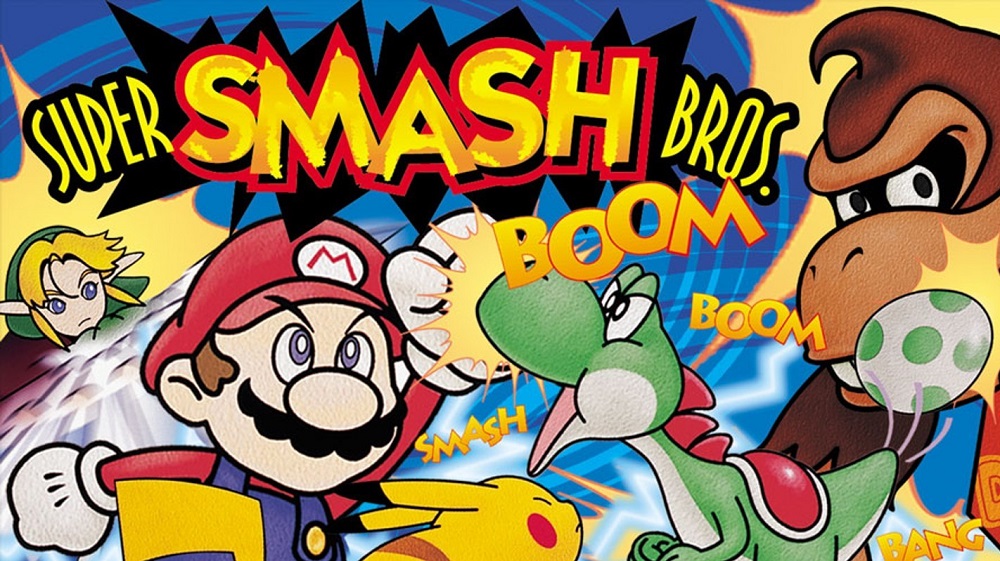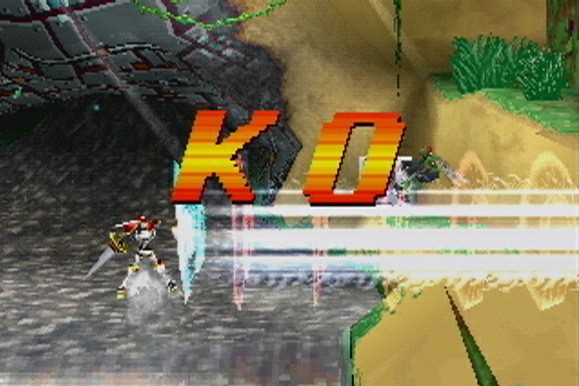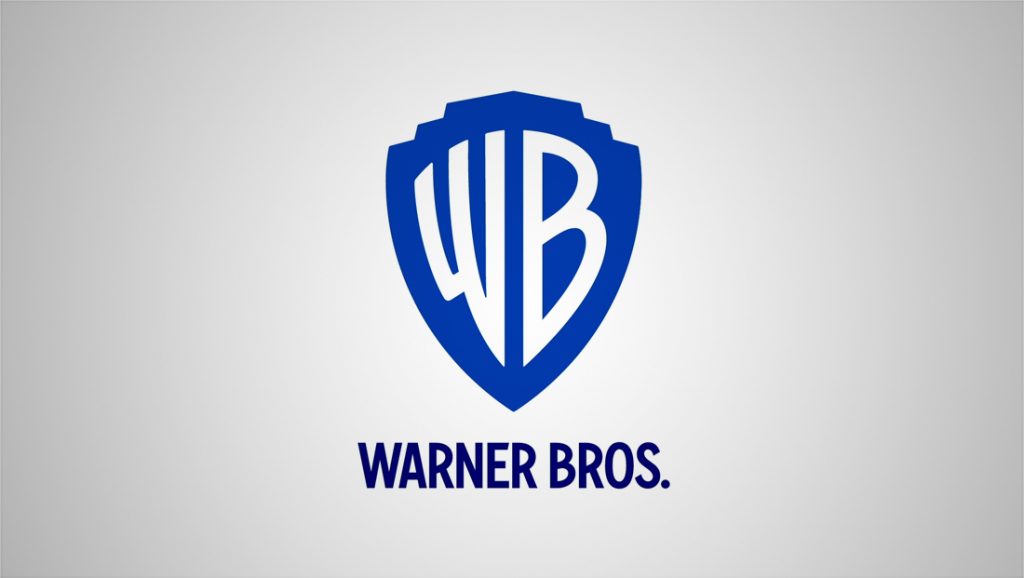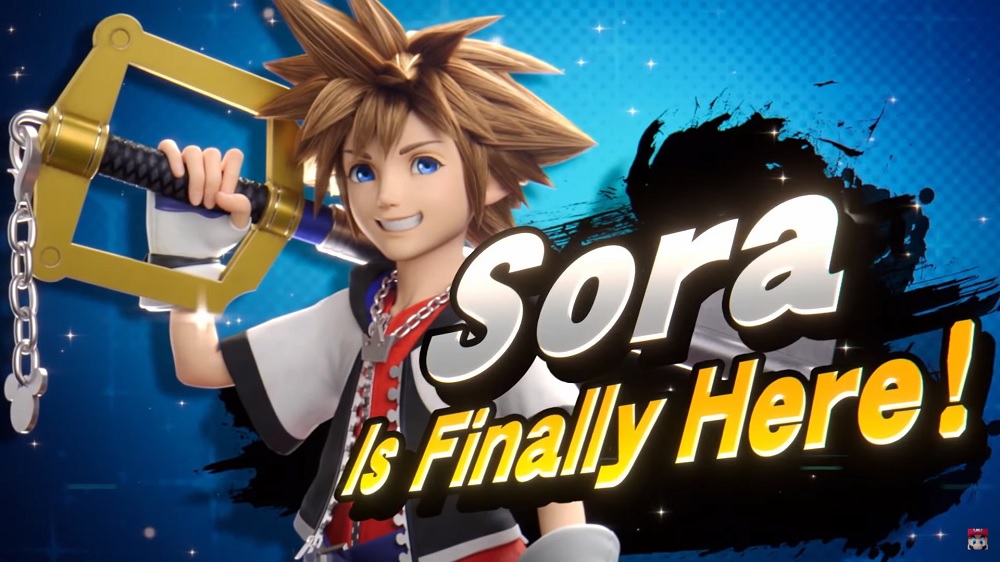For the longest time, the default platform fighter has been only the Super Smash Bros series. But now that we have two more, with one already released and another on the way, and the timing of both seems a little too convenient. It’s as if the developers of both are trying to cash in on the fact that the dominant one is now going through its sunsetting phase. But will Super Smash Bros Ultimate ever get dethroned? Probably not.
The massive appeal of platform fighters
It’s probably safe to say that a key ingredient for a good platform fighter is the roster of available characters. Super Smash Bros series is undeniably popular simply because of not only the sheer size, but the amazing variety of playable characters – even if many are locked behind DLC. A major icing on the platform fighter cake is the fact that many of these characters come from not only different game series and franchises, but are also made and released by different devs and publishers. Then there’s getting them all to play faithfully to the way they would in their original games, with all their iconic moves in tow. Once that’s done, there’s the challenge of making it so that they are all balanced. These days, it’s not so punishing if the devs get it wrong, as it’s easier than ever before to get balance patches going to players through the internet. If a game gets that right, then players can begin to take what is essentially a genre of party games too seriously, and go competitive with it. Unsurprisingly, not many get to this point.
A quick history
While Super Smash Bros may not have invented the genre, it most certainly brought it to the mainstream. The first entry of the series came all the way back in 1999 for the N64, only featuring playable characters from the Nintendo umbrella. With subsequent games came guest characters that would eventually become roster mainstays. There have been other gamemakers that have dipped their toes into this genre, but few made any lasting impression. Most prominent of them all beyond Super Smash Bros itself was probably Digimon Rumble Arena, which brought in the main characters from three different series into one game. The first game was released at the tail end of the PS1’s life cycle, with the sequel coming in for the PS2 in 2004. A spiritual successor would show up in 2014 for the PS3, and would be panned for not having online multiplayer in its day and age. There’s this Reddit post that claims to be an extensive list of all the platform fighters out there. I’ll admit, I’ve not even heard of the vast majority of these, let alone played them. But it speaks to the point I’m trying to make, which is none of them ever made it mainstream besides Super Smash Bros. Editor’s Note: It’s also worth pointing out both Capcom and Sony also tried to clone Smash Bros’ success, but to no avail. The former introduced Onimusha Blade Warriors all the way back in 2003 – a platform fighter that is based on its then-popular Onimusha series (of all things). Meanwhile, Sony released their own take on the genre almost a decade after with PlayStation All-Star Battle Royale, which featured first-party characters such as Nathan Drake, Kratos, and even Little Big Planet’s Sackboy. To Capcom’s credit, at least its game featured unique mechanics that relates to the Onimusha series’ lore. Sony’s game, on the other hand, was pretty much a blatant ripoff of Nintendo’s Smash Bros – but with a roster of awkwardly out-of-place characters that feels more appropriate for a cosplay convention than a crossover fighting game. – Rul.
Here comes two new challengers
Which brings us to Nickelodeon All-Star Brawl, and the supposed Warner Bros Multiversus. They’re making their rounds in the news, and in the former’s case in the competitive scene, for now. But do they have what it takes to withstand the test of time? In terms of character roster, there’s certainly an endless pool to pull from, for both Nickelodeon and WB. So there’s the icing on the cake, but what about the cake itself? Actually, let’s go back to that point. Is the icing even good? Apparently for the Nickelodeon brawler, while it does look the part, it’s only on the surface. And once you scape the layer off, all you’re left with is a hollow shell. According to Polygon, characters are not voiced, and the BGM is not memorable. Even worse, characters don’t get unique lines when they interact with those from other franchises, a major draw in cross-universe entertainment. On one hand, I can accept that most of these are not the fault of the developer, as they’ve probably not given a massive wad of cash to work with to afford all that. But on the other, this implies that Nickelodeon only wants to ride on the Super Smash Bros Ultimate bandwagon, rather than fully fleshing out what could be a series with a faithful following. As for the WB Multiversus, there’s really nothing to go on with. But one can imagine a scene where characters from a show that revolve around sound effects like Tom & Jerry going characters with defined lines of dialogue like any of the DC characters. Then there’s the mismatch in gameplay for said DC characters, especially for people who are already used to the way the two Injustice games play.
A real contender to Super Smash Bros? Unlikely.
Now that we’ve seen what Nickelodeon All-Star Brawl is like (shown in the header image), it doesn’t look like it will be outdoing the incumbent. That said, the devs at Ludosity and Fair Play Labs can surprise everyone by adding in everything that’s missing right now and then some. But until that happens, it will likely remain in its corner of the platform fighter niche, while maybe earning the devs and Nickelodeon a few million, optimistically speaking. As for WB’s Multiversus, or whatever it ends up being called when it gets released, there’s still hope. Super Smash Brothers Ultimate has set the bar, high as it may be. Likewise Nickelodeon All-Star Brawl as shown what elements platform fighter can’t afford to skimp on if it wants to have any sort of hope to cut into Super Smash Bros’ cut of the niche. But if we’re being completely honest, it would probably take the combined roster of both Nickelodeon and WB to beat the 82-strong roster of Super Smash Bros Ultimate. And I say this as someone who neither likes nor dislikes the game. And on that bombshell…



